About LEARNZ
Over more than a decade LEARNZ has evolved into a comprehensive virtual field programme for the education sector.
Introduction
LEARNZ began life in 1995 as an Antarctic focused education programme harnessing the great stories that came from New Zealand Antarctic science research. LEARNZ at that time was an acronym for
Linking Education and Antarctic Research in New Zealand. During the period 1995 - 1998, LEARNZ developed the concept of the virtual field trip; taking students on learning adventures
to the Dry Valleys, the Antarctic coast and the Ross Sea in the depths of an Antarctic winter on-board a research ice breaker. The focal person in each of these expeditions was the LEARNZ
Teacher: meeting researchers in their workplace, interpreting and meeting objectives in science, social studies and technology curricula.
Snapshots from our story so far
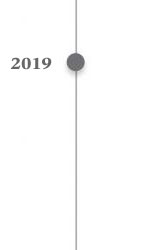 |
MappingIn a series of field trips around Aotearoa New Zealand, LEARNZ worked with experts to help students make interactive maps about their own places and heritage |
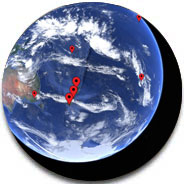 |
||
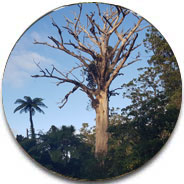 |
Northland, AucklandThe latest in a series of LEARNZ kauri trips, interacting with schools about the potentially catastrophic impact of this deadly disease on our native taonga |
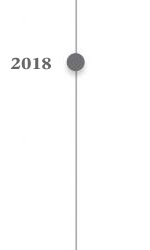 |
||
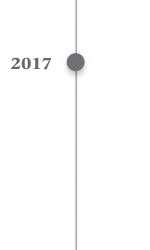 |
WellingtonLEARNZ followed the journeys of freshwater, wastewater, stormwater and won two NZ Copyright Licensing Education Awards |
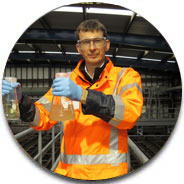 |
||
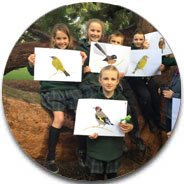 |
NationwideDuring the Garden Bird Survey and Kereru Count LEARNZ worked with students on citizen science projects |
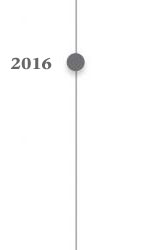 |
||
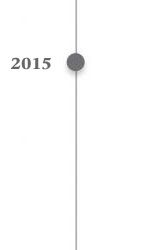 |
SustainabilityLEARNZ looked at waste, recycling, the carbon cycle, electricity from methane and engineered landfills at Kate Valley and Redvale |
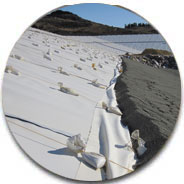 |
||
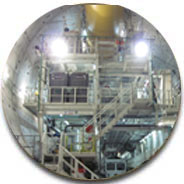 |
AucklandLEARNZ followed Alice the tunnel borer during construction of New Zealand's biggest roading project |
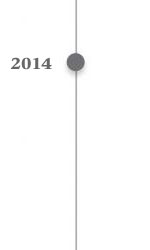 |
||
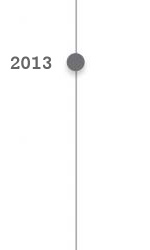 |
Christchurch rebuildLEARNZ explored the importance of geospatial data and tools in the rebuild of Christchurch |
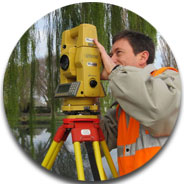 |
||
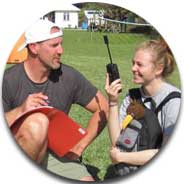 |
Raoul IslandLEARNZ was onboard the HMNZS Canterbury with 30 secondary students on the Young Blake Expedition to the Kermadecs |
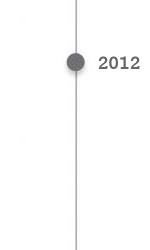 |
||
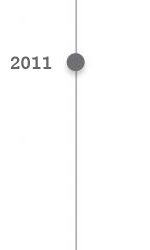 |
Cook StraitFrom 2010 to 2013 LEARNZ joined the DOC whale survey team on Arapawa Island who use science to better understand the fate of the mighty humpback |
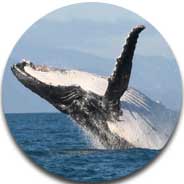 |
||
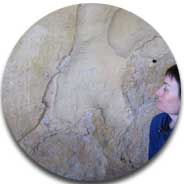 |
South CanterburyLEARNZ discovered how the first people in New Zealand depicted extinct birds and traced their story as they recorded their contact with the first Europeans |
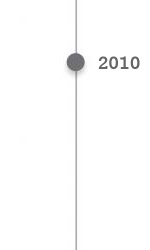 |
||
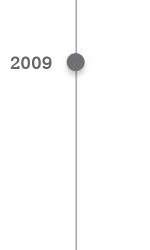 |
Aotearoa-wideDuring the period 2009 to 2013+ LEARNZ explored with EQC, the risks of volcanic eruptions and earthquakes in Auckland, Wellington and Canterbury |
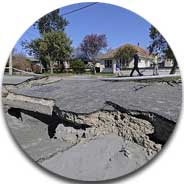 |
||
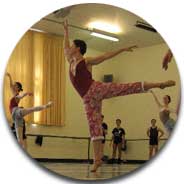 |
Wellington, ChristchurchLEARNZ followed RNZB performers as they prepared for opening night of Carmen and Don Quixote, and got to know musicians as they built up to CSO concerts |
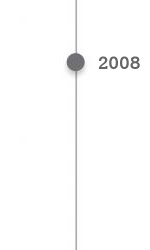 |
||
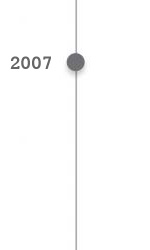 |
WaikatoDuring the period 2007 to 2011 LEARNZ visited eight sheep/beef and dairy farms in the Waikato and Canterbury and looked at milk processing |
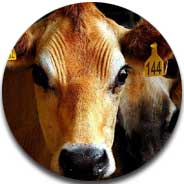 |
||
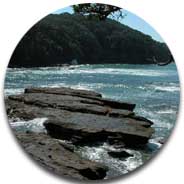 |
Goat IslandOver six years LEARNZ visited marine reserves and special conservation areas such as Waituna Lagoon, dune lakes and Ō Tū Wharekai |
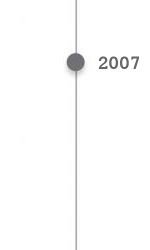 |
||
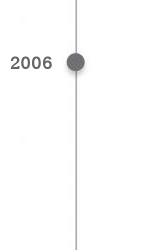 |
Ross Ice ShelfLEARNZ returned to Antarctica 2006 to 2009 then again in 2012 each time exploring the nature of Antarctic science |
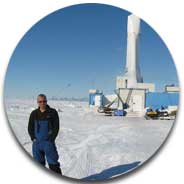 |
||
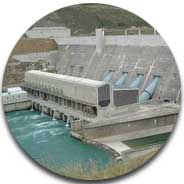 |
Clutha RiverDuring the period 2004 to 2009 LEARNZ visited electricity generation sites including hydro, geothermal, wind and solar energy and explored the working of the national grid |
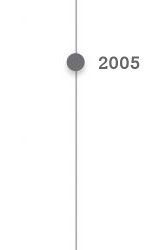 |
||
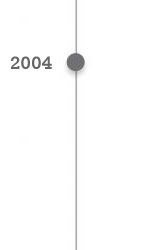 |
Whenua Hou/Codfish IslandAlong with trips about takahē, whio, kiwi, shorebirds and birds of prey LEARNZ visited this special kākāpō sanctuary - on six occasions - to follow the plight of this adorable but seriously threatened ancient parrot |
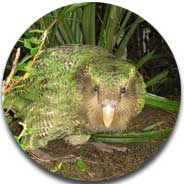 |
||
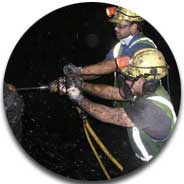 |
West CoastFrom 2003 to 2012 LEARNZ went underground/aboveground to explore coal and gold mining industries and to Taranaki to focus on petroleum facilities |
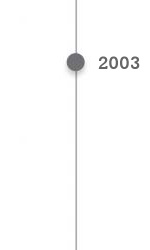 |
||
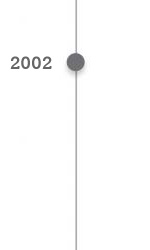 |
Nepal, Aoraki Mount CookLEARNZ joined an expedition to a remote mountain village in the Kathmandu Valley, climbed to Mueller Hut and kayaked on a glacial lake |
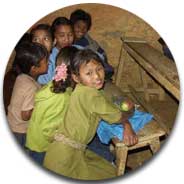 |
||
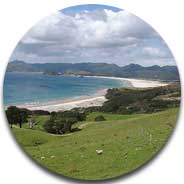 |
Great Barrier IslandLEARNZ visited both offshore and mainland islands used for the conservation of native species |
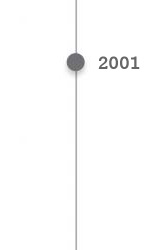 |
||
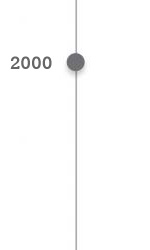 |
Tongariro National ParkLEARNZ explored the natural and cultural landscapes and Karioi Rāhui, an ecological restoration project with Ngāti Rangi iwi |
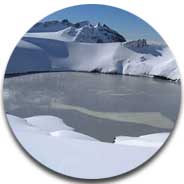 |
||
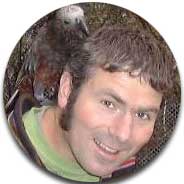 |
FiordlandThe 1999 Fiordland field trip on pests, birds and bats in Fiordland was the start of the modern LEARNZ programme based on New Zealand stories |
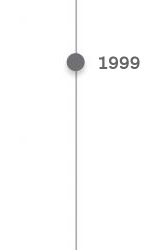 |
||
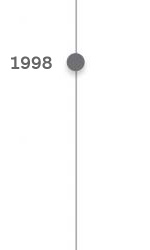 |
Antarctica in winterLEARNZ explored the Ross Sea in the depths of an Antarctic winter on-board a research icebreaker |
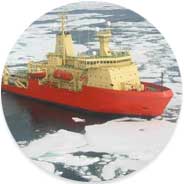 |
||
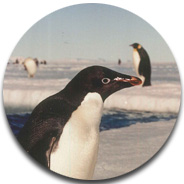 |
The CoastLEARNZ expanded its virtual field trips to include penguin reproductive biology at Cape Royds and drilling at Cape Roberts |
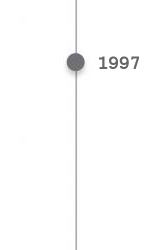 |
|
|
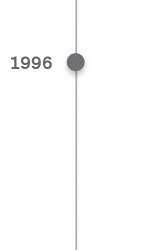 |
Dry ValleysDuring the period 1995 - 1998, LEARNZ developed the concept of the virtual field trip; students participating in their own learning adventure |
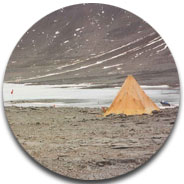 |
||
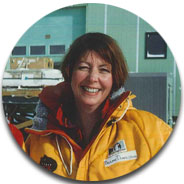 |
AntarcticaLEARNZ began life in 1995 as an Antarctic focused education programme harnessing the great stories that came from New Zealand Antarctic science research |
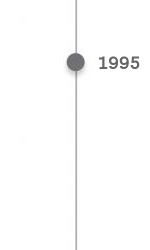 |

Waterview Connection
Over 3 years, LEARNZ followed Alice the tunnel borer during construction of our biggest roading project


Christchurch rebuild
LEARNZ explored the importance of geospatial data and tools in the rebuild of Christchurch


Raoul Island
LEARNZ was onboard the HMNZS Canterbury with 30 secondary students on the Young Blake Expedition to the Kermadecs


Cook Strait
From 2010 to 2013 LEARNZ joined the DOC whale survey team on Arapawa Island who use science to better understand the fate of the mighty humpback


South Canterbury
LEARNZ discovered how the first people in New Zealand depicted extinct birds and traced their story as they recorded their contact with the first Europeans


Auckland
During the period 2009 to 2013+ LEARNZ explored with EQC, the risks of volcanic eruptions and earthquakes in Auckland, Wellington and Canterbury


Wellington, Christchurch
LEARNZ followed RNZB performers as they prepared for opening night of Carmen and Don Quixote, and got to know musicians as they built up to CSO concerts


Waikato
During the period 2007 to 2011 LEARNZ visited eight sheep/beef and dairy farms in the Waikato and Canterbury and looked at milk processing


Goat Island
Over six years LEARNZ visited marine reserves and special conservation areas such as Waituna Lagoon, dune lakes and Ō Tū Wharekai


Ross Ice Shelf
LEARNZ returned to Antarctica 2006 to 2009 then again in 2012 each time exploring the nature of Antarctic science


Clutha River
During the period 2004 to 2009 LEARNZ visited electricity generation sites including hydro, geothermal, wind and solar energy and explored the working of the national grid


Whenua Hou/Codfish Island
Along with trips about takahē, whio, kiwi, shorebirds and birds of prey LEARNZ visited this special kākāpō sanctuary - on six occasions - to follow the plight of this adorable but seriously threatened ancient parrot


West Coast
From 2003 to 2012 LEARNZ went underground and above ground to explore coal and gold mining industries and to Taranaki to focus on petroleum facilities


Nepal, Aoraki Mount Cook
LEARNZ joined an expedition to a remote mountain village in the Kathmandu Valley, climbed to Mueller Hut and kayaked on a glacial lake


Great Barrier Island
LEARNZ visited both offshore and mainland islands used for the conservation of native species


Tongariro National Park
LEARNZ explored the natural and cultural landscapes and Karioi Rāhui, an ecological restoration project with Ngāti Rangi iwi


Fiordland
The 1999 Fiordland field trip on pests, birds and bats in Fiordland was the start of the modern LEARNZ programme based on New Zealand stories


Antarctica in winter
LEARNZ explored the Ross Sea in the depths of an Antarctic winter on-board a research icebreaker


The coast
LEARNZ expanded its virtual field trips to include penguin reproductive biology at Cape Royds and drilling at Cape Roberts


Antarctic science
During the period 1995 - 1998, LEARNZ developed the concept of the virtual field trip; students participating in their own learning adventure


Antarctica
LEARNZ began life in 1995 as an Antarctic focused education programme harnessing the great stories that came from New Zealand Antarctic science research











